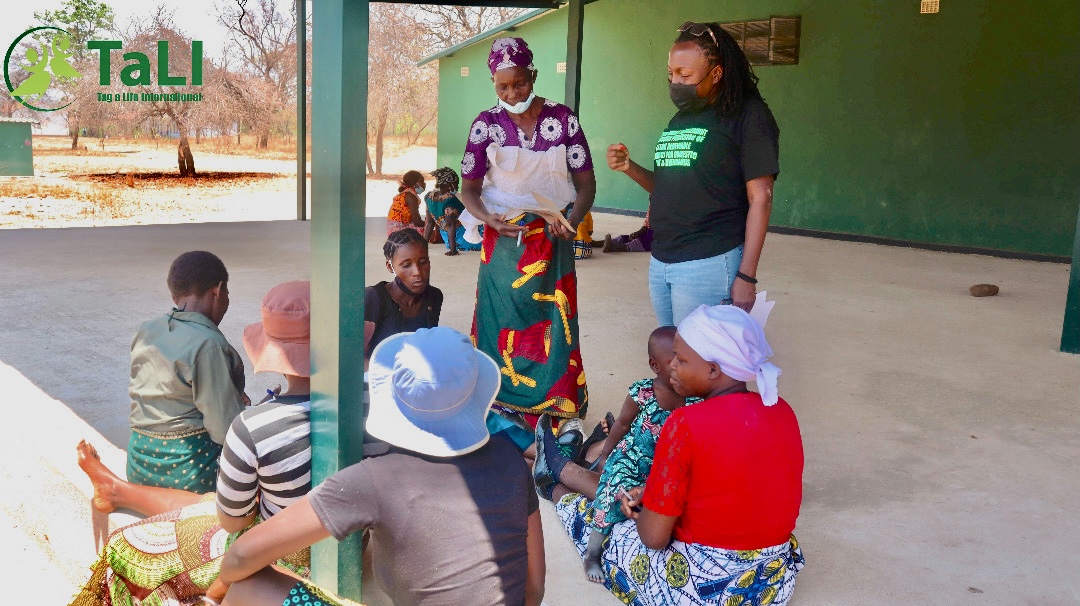1. Background
Training, capacity-building, and creating spaces for mutual exchanges with and between partners is an important cross-cutting strategy we have planned in our project women empowerment. The capacity-building strategy is to support the young women to be economically empowered and use sustainable renewable energy.
Women empowerment capacity building and training for grassroots level young women from rural areas can contribute to economic strengthening and lead to a greater engagement with gender equality in development work. Training should be provided in the basic concepts of women’s empowerment, women’s rights and livelihoods. The training programs addressed the issue of gender equality, gender mainstreaming and offering them tools to perform their duties effectively while promoting the principle of equality and women’s rights in interventions.
Women empowerment training provides participant(s) with the relevant knowledge, skills and values that allow them to contribute to the effective implementation of the gender-mainstreaming strategy in their field, organization, institution or country. Hence, this women empowerment project was organized to understand and improve the gender mainstreaming practices of public sector partners in Nyamakate Village.
The workshop was held in Bravo village, in Nyamakate. The training had a total of 36 women participants from different households and 3 public officials from the project implementation district.
2. Objectives of the training
“ Build resilience in young women by capacitating them with livelihood project
“ Bring a change in perceptions on women’s rights
“ Improve understanding of participants towards gender mainstreaming tools so that they can take account of gender in everyday work
“ Advance the implementation of existing gender analysis tools in the renewable energy
3. Training methodology
The training mainly followed participatory approach and the methodology was based on adult learning principles. There were presentations followed by a detailed deliberation on questions, group work, plenary and quiz.
Group work
The training facilitators provided an opportunity to the participants to have group discussions on different topic and share their experiences while applying the theory into practice. The formation of the groups ranged from female only groups based on the training topic. This session lasted from 30 minutes to one hour depending on the content of the topic. At the end of the group work participants were asked to present, which was followed by question and answer.
4. Participants’ profile
The participants were the young women from Bravo village in Nyamakate from 35 households and the agritex officers and the village head. Training participants were from Tag a Life International and Bio Technology Zimbabwe. The participants were, experts, office heads, business process leaders, planning and project experts etc. There was a total of 39 participants in the training. Out of these, 37 (94.9%) were women and 2 (5.1%) were men
5. Training proceedings
The training started with the welcoming remarks by Village head. Followed by that, participants introduced themselves and explained in brief what they expected to learn, and how they emancipated to be empowered by the project. Afterwards, participants explained what their expectations from the training. Later on, trainees, along with the facilitator, established training norms and consequences for violations of training norms.
Session one: Personal Leadership
In this session, the training facilitator explained different thematic areas on personal leadership. Some of the concepts self-awareness, personal analysis, self-affirmations, interpersonal relationships, listening skills, goal setting, life plan. These terms were illustrated with concrete examples.
Session two: Women’s Human Rights
The next session was emancipating women on their rights. In this session, participants were asked what they understand about women’s rights. Prior to the game, participants took a gender perception test where they would read a statement and categorize it as a sex or gender. The practical demonstration followed by adiscussion helped the young women to understand what women’s rights are and the constitutional Provisions for women and basic human rights.
Session three: SRHR
Another training topic was Sexual Reproductive Health Rights. For a better understanding, participants were asked to raise some gender myths they know. After they finished their reflection, the training facilitator explained what gender is and what it is not to training participants
Session 4: Psychosocial Support
Young women were trained on what psychosocial support is. The facilitator suggested that they form heart to heart groups whereby they will be helping each other. The young ladies welcomed the idea and four groupswere created.
Session 5: Livelihoods
The young eomen were trained on livelihoods and how it can empower them economically.
6. Forming heart to heart groups
One of the major outputs of the women empowerment training was to sensitize young women about the importance of gender in development interventions and form a technical committee that provides strategic guidance to maximize gender responsiveness and effectiveness of the project activities. Accordingly, a consensus had been reached on the formation of the committee and the village head.
7. Participants feedback and evaluation
Participants were evaluated by completing the post-test. As a feedback, participants evaluated what they have learnt by completing an evaluation form.

